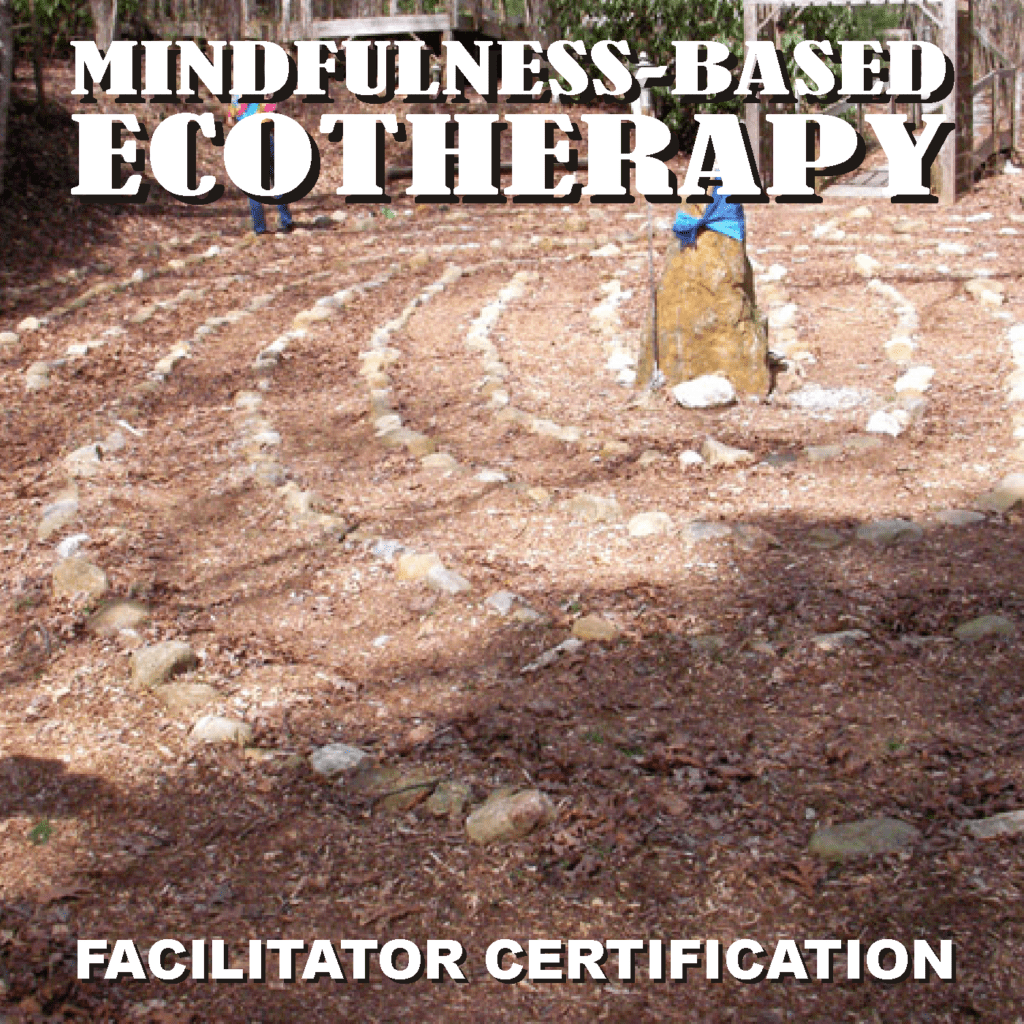Table of Contents
This page provides access to a comprehensive selection of evidence-informed handouts developed by the Mindful Ecotherapy Center. These materials are designed to support therapeutic interventions, psychoeducation, and client self-guided work across a range of mental health concerns.
Resources are appropriate for use by licensed clinicians, counselors, educators, and members of the general public seeking structured tools for emotional regulation, mindfulness practice, and ecotherapy-based approaches. Topics include cognitive restructuring, distress tolerance, nature-assisted mindfulness, and interpersonal effectiveness.

Disclaimer
These handouts are intended for educational and self-help purposes only and are not a substitute for professional mental health treatment or therapy. While they are based on evidence-based principles, they are not a replacement for working with a licensed mental health professional. If you are experiencing significant emotional distress or mental health challenges, we strongly encourage you to seek support from a qualified therapist or healthcare provider.
Usage Guidelines
All handouts are available for free distribution, provided that copyright information remains intact. This ensures proper attribution and preserves the integrity of the original content.
Included materials may be used in:
- Individual and group therapy sessions
- Educational and training settings
- Personal development and wellness routines
Key focus areas:
- Cognitive-behavioral strategies
- Mindfulness and ecotherapy integration
- Emotional regulation and stress management
- Communication and relational skills
- Self-assessment and goal setting
These tools are intended to enhance clinical practice and promote client engagement through structured, accessible, and therapeutically sound resources. If you find these tools helpful or would like to request more handouts on a specific topic, please contact us!
ACT Worksheets
These Acceptance and Commitment Therapy (ACT) worksheets are designed to enhance psychological flexibility and support meaningful change. These resources help you to clarify personal values, defuse unhelpful thoughts, practice mindfulness, and take committed action toward a more fulfilling life.
These tools are deal for therapists, coaches, or individuals seeking growth. Each worksheet is grounded in ACT’s core principles and easy to integrate into sessions or daily routines.
DBT Worksheets
These Dialectical Behavioral Therapy (DBT) Worksheets offer practical tools designed to help you build emotional regulation, distress tolerance, interpersonal effectiveness, and mindfulness skills. These worksheets are grounded in evidence-based DBT principles and are ideal for both personal growth and clinical use. Whether you’re navigating intense emotions, working through relationship challenges, or seeking greater emotional balance, these resources provide step-by-step guidance to support healing and transformation through mindful awareness and behavioral change.
Core Mindfulness
The Core Mindfulness Worksheets in this section focus on developing the foundational skill set of Dialectical Behavioral Therapy (DBT) by helping you cultivate present-moment awareness, nonjudgmental observation, and focused attention. These worksheets guide you through practices that strengthen the “what” and “how” skills of mindfulness: what to observe, describe, and participate in, and how to do so effectively, nonjudgmentally, and with full awareness. Ideal for clients, clinicians, or anyone seeking greater mental clarity and emotional balance, these tools support the development of mindful living as a pathway to well-being.
Distress Tolerance
The Distress Tolerance Worksheets are designed to help you navigate emotional crises without making the situation worse. Rooted in the principles of Dialectical Behavioral Therapy (DBT), these worksheets offer practical strategies for surviving intense emotions through acceptance-based skills like radical acceptance, self-soothing, and distraction techniques. They provide step-by-step guidance to manage overwhelming situations with clarity and control, making them valuable tools for clients, therapists, and anyone seeking healthier ways to cope with emotional distress in the moment.
Emotional Regulation
These Emotional Regulation Worksheets offer structured tools to help individuals better understand, manage, and change intense emotional responses. “Emotional Regulation” is a bit of a misnomer. There’s no such thing as a “wrong feeling.” Instead, Emotional Regulation skills help you to change how you respond to emotions. Based on the Emotional Regulation skill set of Dialectical Behavioral Therapy (DBT), these worksheets guide users through identifying emotions, reducing emotional vulnerability, and increasing positive emotional experiences. They provide practical exercises for recognizing emotional triggers, applying coping strategies, and building resilience over time. Ideal for both personal use and clinical settings, these resources support the development of emotional balance and inner stability through mindful awareness and intentional action.
Interpersonal Effectiveness
These Interpersonal Effectiveness Worksheets are designed to help you build and maintain healthy relationships while respecting both your own needs and the needs of others. Drawing from the Interpersonal Effectiveness skill set of Dialectical Behavioral Therapy (DBT), these worksheets offer practical tools for setting boundaries, asking for what you need, saying no effectively, and navigating conflict with confidence and compassion. They focus on balancing self-respect, relationship goals, and objective effectiveness, making them valuable for anyone seeking to improve communication, assertiveness, and connection in personal or professional relationships.
Ecoplay
Ecoplay, developed by Dr. Charlton Hall, is an integrative therapeutic model that combines principles of ecotherapy, play therapy, and mindfulness-based approaches to promote emotional healing through nature-based and expressive interventions. Rooted in systems theory and grounded in attachment science, Ecoplay emphasizes the healing power of play in natural settings or using natural elements (like sand, water, stones, or leaves) to foster connection, regulation, and resilience in children and families. By engaging the senses and imagination within a mindful, ecological framework, Ecoplay helps clients develop healthier relationships with themselves, others, and the natural world. These handouts are utilized in the Ecoplay eight-week program.
Mindfulness-Based Ecotherapy
Trauma Recovery
These Trauma Recovery Worksheets and Handouts offered by the Mindful Ecotherapy Center provide practical, mindfulness-based tools to support healing from emotional and psychological trauma. These resources are designed to help you process traumatic experiences in a safe, grounded, and compassionate way. Drawing on principles from ecotherapy, mindfulness, and trauma-informed care, the worksheets guide users through exercises that build emotional resilience, increase self-awareness, and foster a deeper connection with the natural world as a source of healing. Whether used independently or in conjunction with therapy, these materials can help you reclaim a sense of safety, empowerment, and wholeness on the path to recovery.
Adverse Childhood Experiences Questionnaire (ACE)
The Adverse Childhood Experiences (ACE) Survey is a research-based questionnaire that measures exposure to various forms of childhood trauma, including abuse, neglect, and household dysfunction. The ACE Survey helps identify patterns of early adversity that can significantly impact long-term physical, emotional, and mental health. Understanding your ACE score is a valuable tool for clinicians and individuals alike, as it sheds light on how early experiences may influence current behavior, relationships, and well-being. Recognizing these connections is an important first step in trauma-informed care and healing.



